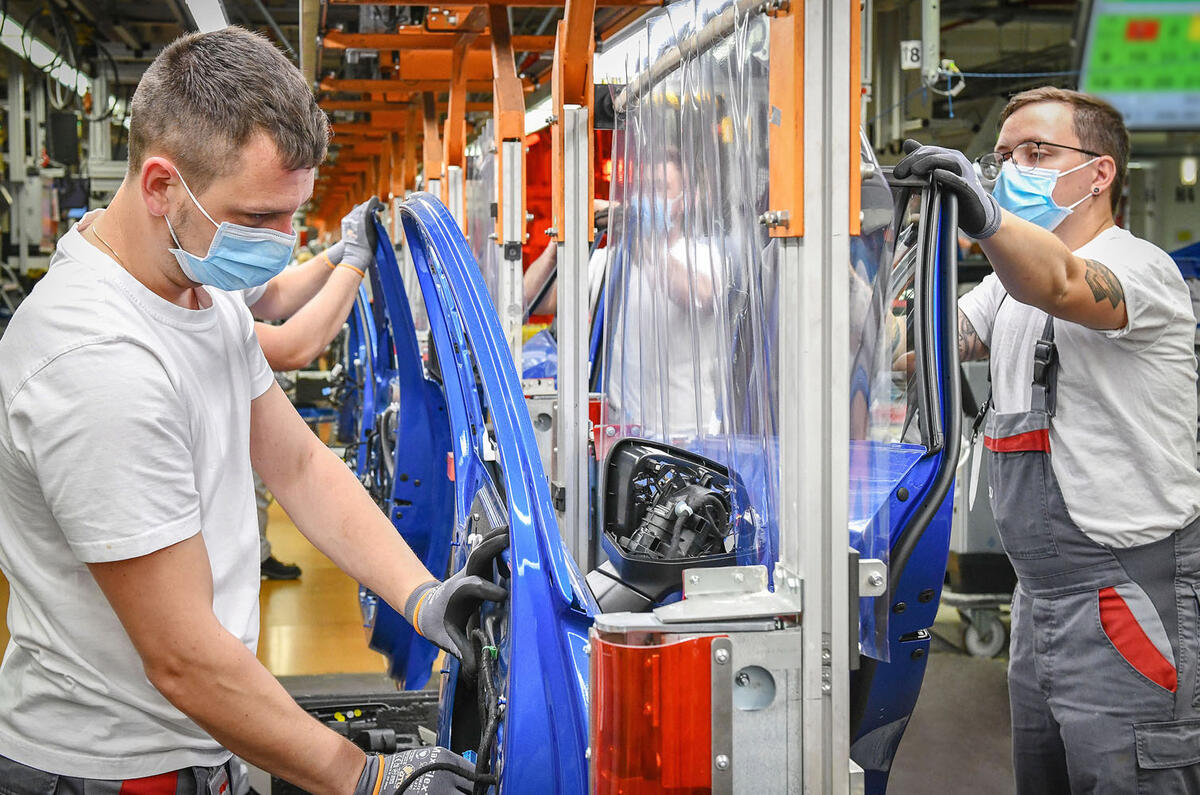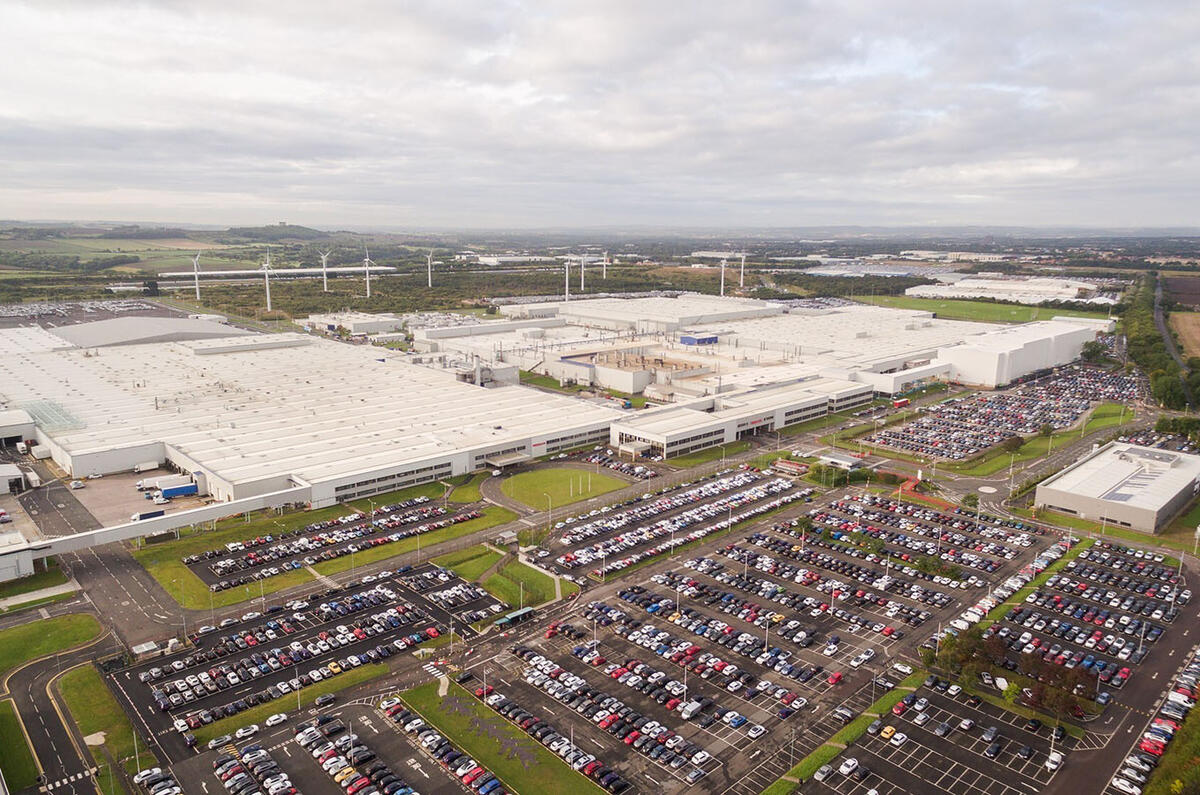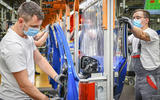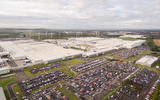Overcapacity has been one of the dominant themes of European automotive production over the past decade, with too many plants running well short of their capacity.
“The market was already saturated before the pandemic,” says Felipe Muñoz, Jato Dynamics’ global analyst. “Too many factories, too many brands and very little growth in demand.”
Several have been closed in that time, typically those from mass-market brands, including Opel’s plant in Bochum, Germany, Ford’s Southampton and Dagenham vehicle-making lines here and PSA’s operation in Aulnay, France. More are set to close soon, with Honda’s Swindon factory and Ford’s Bridgend engine plant being among the high-profile casualties. And more closures will now surely follow. “Fewer sales will produce fewer players with the consequences of overcapacity,” says Muñoz. “This crisis will force the industry to compact and become more competitive, more flexible and faster to change.”
Production will of course come back in Europe post-crisis, Muñoz predicts, but “not in the way we know it” – not just because social distancing will be in place, but more due to the generational shift in the cars being produced. “This crisis just accelerated the changes that were expected to take place later this decade,” he summarises.
Chief among those changes are electrification and the huge investments needed to upgrade factories for safely building electric cars; the costs for EVs aren’t just limited to the technology and research and development of the car itself. Not all factories will be upgraded to build electric cars.
This will be compounded by the merging of more groups and brands. The result could end up being fewer, bigger factories making cars with a high degree of commonality not just between models but also between the brands selling them.
Given the size of the investments needed in electrification, returns on that will only be achieved if the cost of the technology is spread over as many models and brands as possible. Consumer demand will clearly play a significant part, too. “There are two opposite outcomes from the current crisis,” says Muñoz.
“The negative indicates that millions of consumers won’t be able to afford a new car or will postpone their purchase. The positive side of the story is that the private car will become the safest way to move without any risk of getting infected.”
READ MORE
Covid-19 and the British car industry
Coronavirus: What motorists need to know
Autocar and Covid-19: a word from the editor
How to buy a car during a pandemic








Join the debate
Add your comment
I think so, but?
I think so, but, it'll be next year, how you entice people into new cars will have to move on, how?, I don't know, nobody knows for sure, maybe reducing the scrappage from 10yrs to say six would help get people to think about buying.